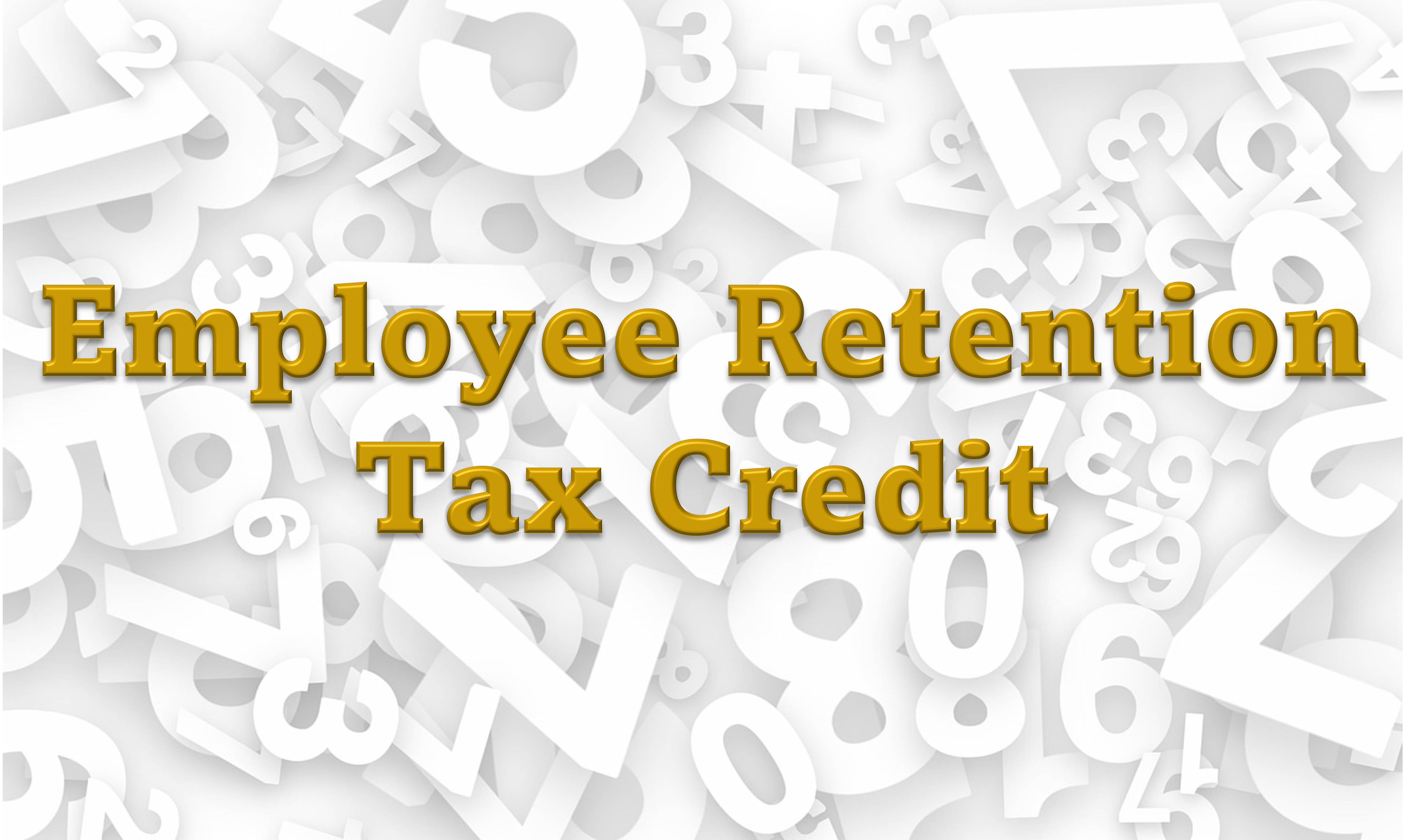Wrapping up an unpredictable year with many changes and challenges wasn’t easy. As we are stepping into a new year, in this article, we would like to share some important reminders for you to prepare for the upcoming tax filing season for tax year 2020.
- Start date of e-filing: The 2021 tax season will start on Friday February 12, 2021. The IRS will begin accepting and processing 2020 tax year returns.
- Charitable Donation deduction for people who don’t itemize: CARES Act permits individuals to claim a maximum deduction of $300 on their 2020 federal income tax returns for cash contributions made to certain qualifying charitable organizations and still claim the standard deduction. It is recommended to make sure the organization is eligible for tax deductible donations. You can click here to check the qualified charitable organization at the IRS website.
- Disasters such as wildfires, flooding or hurricanes: There are special provisions in tax law, enacted for taxpayers located in federally declared disaster areas to recover financially. The IRS may have granted additional time to file taxes to taxpayers located in these areas. You can get more information by clicking here.
- Home office deduction: Tax Cuts and Jobs Act (TCJA) suspended the business use of home deduction from 2018 through 2025 for employees. Employees who receive a paycheck or a W-2 exclusively from an employer are not eligible for the deduction, even if they are currently working from home. However, self-employed taxpayers, independent contractors (1099- MISC/NEC) and those working in the gig economy can claim home office deduction.
- Unemployment compensation: There is seen significant increase in unemployment compensation in the year 2020. There are many Americans who received unemployment compensation for the first time. This is a taxable compensation and must be included in gross income on the tax return. Therefore, if taxes are not withheld or estimated taxes are not paid, it is advisable to make the payment online on the IRS website by clicking here.
- Interest on income tax refund: Due to COVID-19 pandemic, the 2019 tax filing deadline was postponed to July 15 and so many taxpayers who received refunds in 2019 also received interest due to this delay. This interest on refund is taxable and must be included in income on the 2020 tax return.
- Electronic filing and direct deposit option: IRS recommends the safest and accurate to get refund is to electronically file and choose direct deposit.
- Earned Income Tax Credit (EITC): This is a refundable credit available for families with low or moderate incomes. The amount of EITC depends on income, filing status and the size of the family. You can check your eligibility for the EITC by clicking here.
- All taxpayers are now eligible for Identity Protection PIN: The Identity Protection PIN (IP PIN) is a six-digit code known only to the taxpayer and to the IRS. It helps to prevent identity thieves from filing fraudulent tax returns using a taxpayers’ personally identifiable information. You can click here if you are under a threat of identity theft and wish to apply for the PIN.
If you have any questions or want to know more about the above topics, please reach out to us at (469) 467 – 4660, or info@ahujaclark.com.






